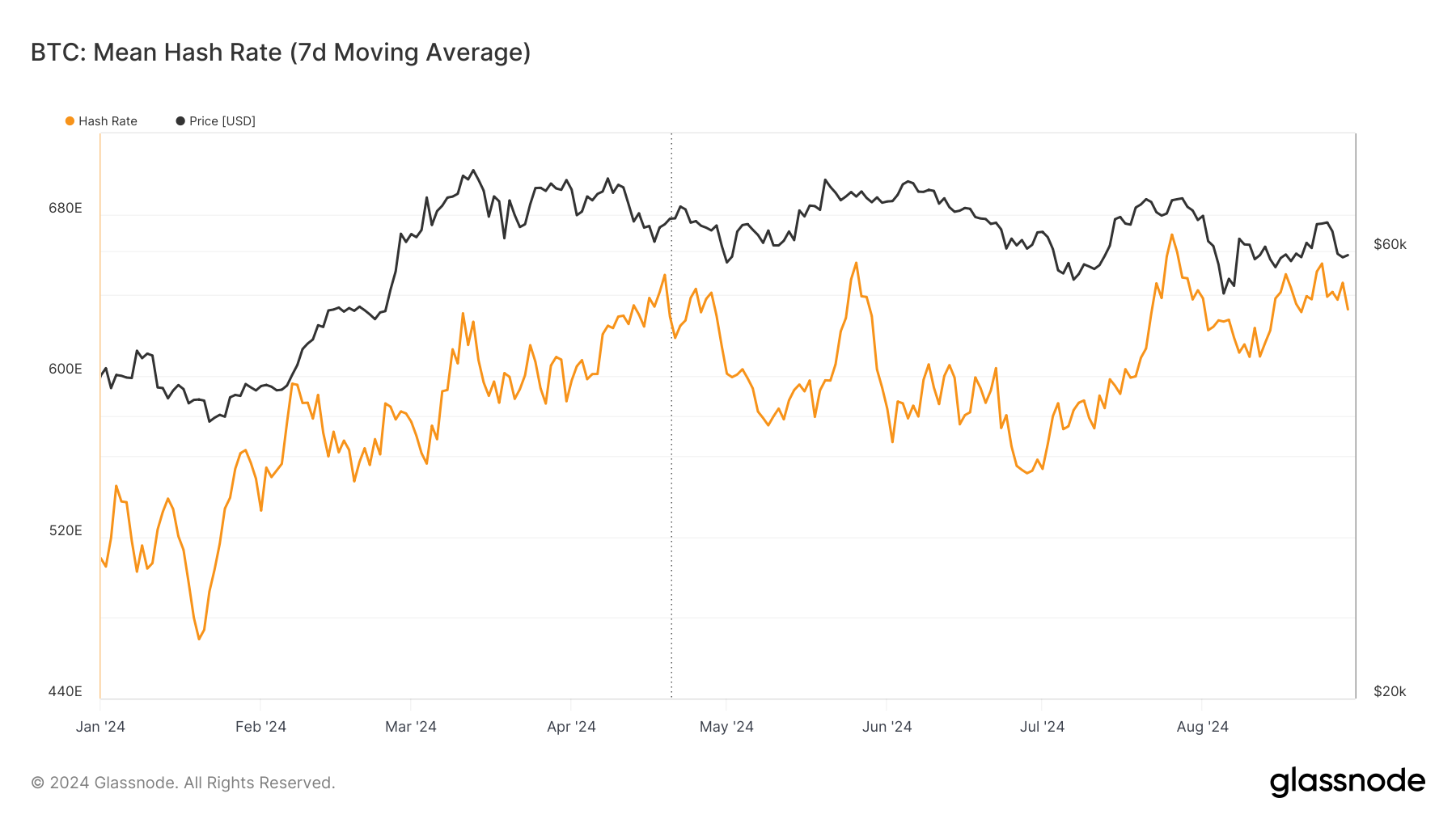Six law professors and scholars filed an amicus curiae brief, on August 11, in support of embattled digital asset exchange Coinbase (NASDAQ: COIN) against the lawsuit filed by the U.S. Securities and Exchange Commission (SEC). The brief, filed with the U.S. District Court for the Southern District of New York, asked the court to adhere to the established definition of “investment contract” when determining if the exchange illegally sold unregistered securities.
An amicus curiae, or ‘friend of the court,’ brief is a written submission to a court made in favor of one of the parties in a case by another non-represented party, or parties, with a vested interest in the outcome.
In this case, the amici group is made up of six “law scholars,” who claim specializations in securities law and “related fields” and includes “the authors of leading securities law casebooks and numerous scholarly articles in this area.”
The names of the amici scholars and the institutions in which they work are Stephen M. Bainbridge, UCLA School of Law; Tamar Frankel, Boston University School of Law; Sean J. Griffith, Fordham Law School; Lawrence Hamermesh, Widener University Delaware Law School; M. Todd Henderson, University of Chicago Law School; and Jonathan R. Macey, Yale Law School—they all appeared in an individual capacity, not as representatives of their respective law schools and universities.
Citing various case laws, the scholars argued that under the Howey test, federal cases recognize that “investment contracts” require an expectation in the income, profits, or assets of a business and that a formal agreement is necessary.
The Howey test is based on a ruling from SEC v. W.J. Howey Co., which reached the Supreme Court in 1946, and is used to determine what amounts to an ‘investment contract’ and is, therefore, subject to U.S. securities law.
“Analysis makes clear that an arrangement is an ‘investment contract’ only if the investor receives, in exchange for an investment, a contractual undertaking or right to an enterprise’s income, profits, or assets. That core notion has carried through in the federal cases since Howey,” said the six scholars in their amicus brief.
The SEC lawsuit against Coinbase, filed on June 6, hinges on whether certain assets sold and traded on the exchange are done so as investment contracts. Friday’s amicus brief made the case that for this to be true, a contractual agreement with an expectation of income, profits, or assets of a business is necessary.
However, the SEC states that “whether a contract, scheme, or transaction is an investment contract is a matter of federal, not state, law and does not turn on whether there is a formal contract between parties.”
Thus, the regulator could use its interpretation of federal law—the Howey test—to determine that the “transactions” or “schemes” involving the digital assets in question were in fact, investment contracts, whether or not a formal contract existed.
This argument has already been made by the SEC, with differing levels of success.
Contentious interpretation of investment contracts
This debate around investment contracts came up in the SEC’s case against Ripple Labs, in which the Judge made similar reasoning to what the six scholars have argued, ruling that XRP sold on exchanges via programmatic sales were not securities because the buyer could not know whether their money went to Ripple or any other third party.
“An Institutional Buyer knowingly purchased XRP directly from Ripple pursuant to a contract, but the economic reality is that a Programmatic Buyer stood in the same shoes as a secondary market purchaser who did not know to whom or what it was paying its money,” wrote the judge.
Due to this, the court ruled that the programmatic sales, which lacked a clear contractual agreement between parties, did not meet one of the key requirements of the Howey test—the expectation of profits derived from the efforts of others.
However, when the defendants in the Terraform Labs case tried to use this ruling to get their own SEC lawsuit thrown out, the court explicitly rejected the conclusions of the Ripple ruling, saying that Howey makes no such distinction between purchasers.
“That a purchaser bought the coins directly from the defendants or, instead, in a secondary re-sale transaction has no impact on whether a reasonable individual would objectively view the defendants’ actions and statements as evincing a promise of profits based on their efforts,” the federal judge stated.
By the reasoning of the judge in the Terraform Labs case, no formal contract or agreement between parties would be required for the purchaser to have an expectation of profit based on the efforts of another entity/party. Therefore, digital asset sales can be viewed as an “investment contract.”
Coinbase v SEC case
The SEC is accusing Coinbase of operating as an unregistered securities exchange, broker, and clearing agency in violation of the Exchange Act and the Securities Act.
The SEC filed the lawsuit on June 6, and shortly afterward, on June 28, Coinbase notified the court that it planned to request a ‘judgment on the pleadings’ to have the case dismissed, asking the court’s permission to do so.
On July 7, the SEC sent a letter to the judge in response to Coinbase’s notice. While the regulator took “no position” on the notice itself, it did state that if the judge allowed Coinbase to proceed with its motion, the regulator would oppose it.
On July 12, Coinbase responded, insisting that it should be allowed to make a case for dismissal.
After an initial pre-trial and pre-motion conference on July 13, Coinbase was allowed to go ahead with its motion for judgment on the pleadings, with both parties agreeing to an August 4 date for Coinbase’s opening brief.
As planned, on August 4, Coinbase filed its motion to have the SEC case thrown out. The exchange argued that the regulator had overreached in its lawsuit and that the assets supposedly in violation do not classify as securities.
The SEC’s response is due within 60 days of Coinbase’s filing and will likely reiterate the regulator’s reasoning for stating that digital asset sales in question constituted investment contracts—particularly in the light of the August 11 amicus brief.
Follow CoinGeek’s Crypto Crime Cartel series, which delves into the stream of groups—from BitMEX to Binance, Bitcoin.com, Blockstream, ShapeShift, Coinbase, Ripple,
Ethereum, FTX and Tether—who have co-opted the digital asset revolution and turned the industry into a minefield for naïve (and even experienced) players in the market.
New to blockchain? Check out CoinGeek’s Blockchain for Beginners section, the ultimate resource guide to learn more about blockchain technology.



